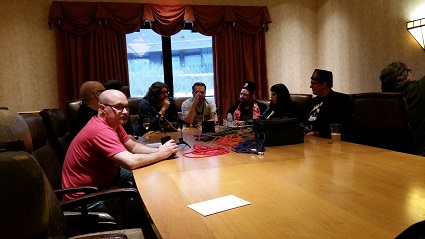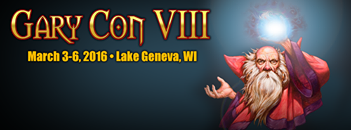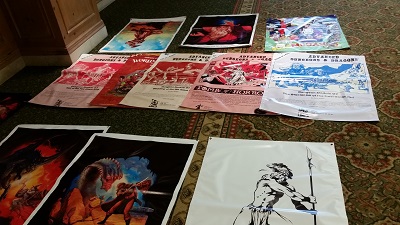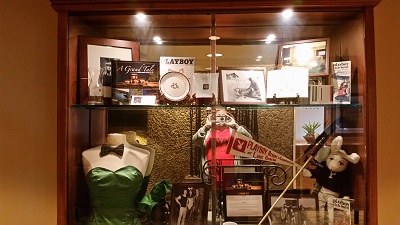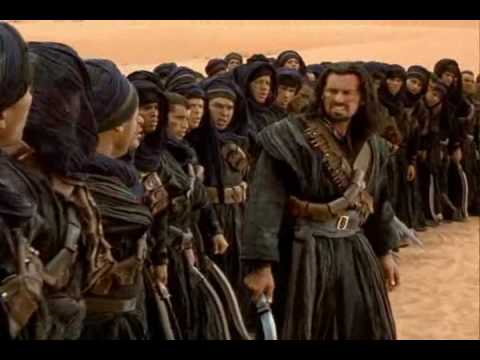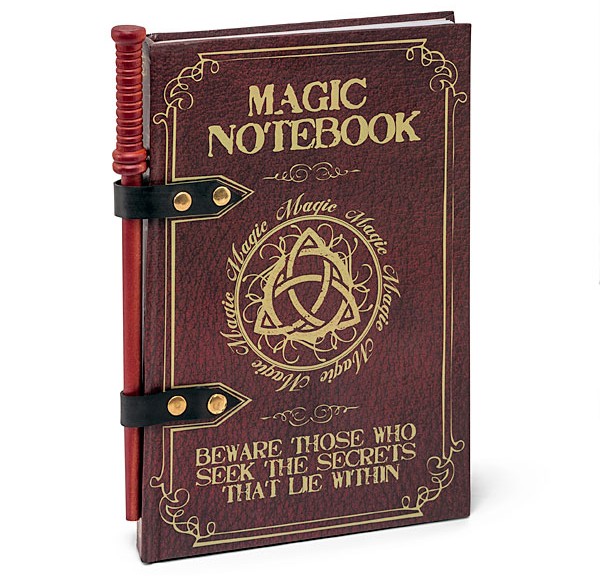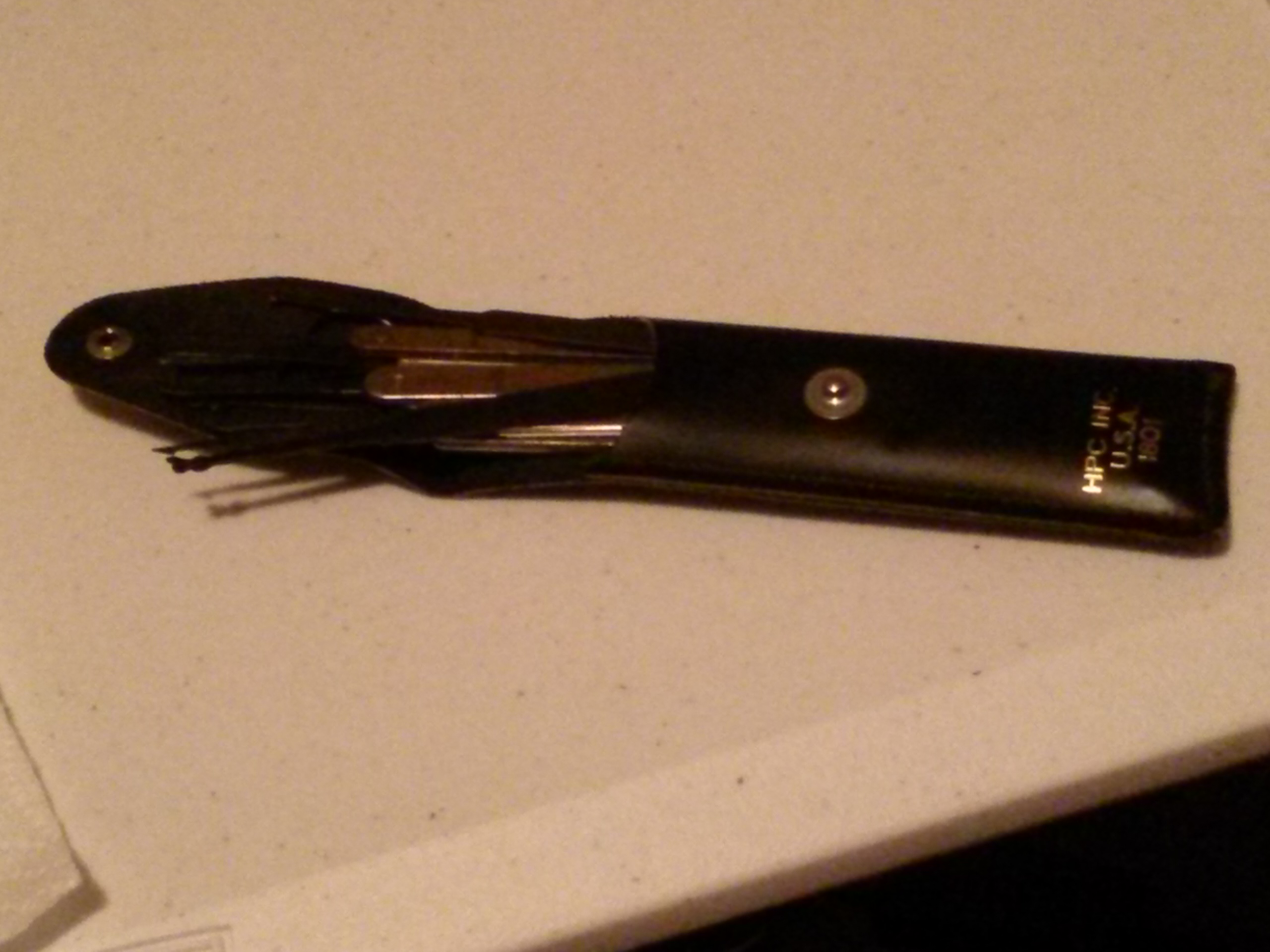I have played a few DCC funnels at conventions and a few modules at the gaming table. I’ve even been a player in a play test of a module. I can’t mention that, but if my name shows up in the acknowledgements, you’ll know which one(s).
DCC seems to have a lot of interest in their modules, so I wanted to hear what their designers had to say. If I never have a published module, at least I can use the information to help design my own sessions, and games at conventions.
The panelists were Joseph Goodman, Michael Curtis, Jobe Bitman, Brendan LaSalle, and Bob Bledsaw, Jr. There were 20-25 in attendance, among whom were 3 women. When it came time to ask questions, only one of the women asked a question. That’s a significant ratio. What I wonder, is were the other two just there with their male S.O.’s, or were they really gamers with an interest in such things. Just my musings, no data to back up any of it.
What follows are just the transcription of my hastily scribbled and sometimes illegible notes. There are a lot of good points here for planning adventures in your own games, in addition to developing modules for publication.
Joseph Goodman started off by telling us that they have done this seminar multiple times before, and this time wanted to start off with each person telling what things inspire them.
1.) Things that inspire us to get a good output.
Michael Curtis
- All writers are readers
- Always have a notebook when reading – make note of certain words that evoke ideas, feelings, etc.
- Follow up on ideas an author does not pursue.
Jobe Bitman
- Movies, especiall humor.
- Camping & hiking
- New museum
- New locations and feeling what the experience is like and relate to a fantasy world setting.
- For ex. hiking is hard work, and there’s no way characters pack all the stuff they say that they do.
Brendan LaSalle
- Big reader
- Movies
- Good TV
- Poetry
- Music – Heavy Metal Power Cords
- Steals a lot of bad guy lines from comic books.
Bob Bledsaw, Jr. (Insight on how his dad prepared for campaigns & modules, from all the materials he left.)
- Edgar Rice Burroughs, Robert Heilein, A. C. Clarke, poetry
- Actually running campaigns
- Notebooks filled with names of inns, NPC’s with brief designations, random monsters, and names & backgrounds for magical items.
- Village book, fantastic weapons, Temple book, etc.
- His father didn’t like to lead players.
- Look at an inn as each class. How does a mage see this inn, a cleric, a thief?
- What about a monster or obstacle is a problem for a cleric?
- Leave world open
Joe Goodman
- Goes to places with unique features
- Elephant seal hatchery – they are 2,000 pounds and the size of a VW.
- Monarch butterfly breeding ground – view through fantasy lens
- Hurst castle
- Wild zebras on beach near California coastal highway.
- Alcatraz was a military island citadel before it was a prison.
- Art and comic books
I think it was Brendan LaSalle who said these two things.
- Read Strunk & Whites Manual of Style once per year.
- Read what you have written out loud, or have someone read it to you with the Last Draft. If it doesn’t read well, it won’t play well.
A common theme was to playtest a module multiple times to get the flow and pacing right. You have to know how it will play out before you publish it. Someone said if it is a TPK every time, then it’s too hard. If about half the party survives, then it’s about right.
2.) One thing they love and one thing they hate.
Brendan
Love: Brilliant little detail, for ex. Legacy of Savage Kings has a dragon in a cavern with the coins of his treasure lovingly stacked along the wall.
Hate: No matter what happens, you can’t change what happens. He gave examples of NPC’s you can’t kill, or some other thing that no matter what they do it won’t change. It is better to think of what will happen if they kill this NPC, etc. Trust your DM (who will run the module). ALWAYS put the players center stage as the main characters of the story.
Michael
Love: Enjoys ambiguity to cause reader and player to imagine options, avoids set in stone. Leave it up to recipient to fill in the blanks.
Hate: Story should emerge and not be stuck in a narrative since it is a participatory game.
Bob
Be a storyteller, not a story dictator.
Jobe
Hate: Really long details with buried information the DM or player’s need. Make it easy to find.
Joseph
Players are the audience, but the GM is the customer. Word count for GM/Judge is wasted, 1-2 pages at most. Pages should be for the benefit of the players.
3.) How bring ideas together?
Bob – List of Hobbits, only with warrior sounding names. His father’s notes were rich in lore from the books he read.
Michael – Pick three things and create a riff on it. Then come up with a brief synopsis, elevator pitch.
Brendan – Do like Shakespeare – Steal/steal/steal. What if it is a murder mystery?
Take random ideas and throw them at specific thing for the background to see where it goes and what happens.
He is a firm believer in a crappy first draft, just get it done, then refine it.
Michael – If nothing else, do something that you enjoy and are passionate about. Find a way to make it an adventure.
Bob – Don’t let your own misgivings stop you from paying or publishing.
Joseph – Get practice, especially with random stuff.
Bob – Some people have favorite modules that are not what is the most popular. Someone will like it, even if not everyone.
4.) How break out of the linear mindset?
Michael – Don’t make decisions for the players, just set the scene.
Bob – If there is an intriguing hook, it will draw them in.
Mike – For publication there is a set word count. How might players overcome this obstacle. Come up with 3 or 4 things.
Brendan – Billy goat Gruff, but 25th level character. Create a setting and villains. You can’t cover all your bases. Trust your GM.
Joseph – Mental checklist of
- Player choices
- There is a chance for every player to shine.
- Visual Descriptions – Use hulking humanoid instead of just saying orc.
- No ziggurats – New and exciting ideas.
- Good title
- Good summary – Focused enough to do a 2 or 3 sentence description – elevator pith.
5.) Bad guy development –
Leave as many decisions as possible up to the players.
Base on someone you don’t like.
Don’t lock the front door to the dungeon.
Don’t leave necessary information in an inaccessible place.
No lock without a key. This can be a secret door, or another way around the obstacle. Always a way around it.
Brendan – Once you decide what he is, Imagine as your character or you personally. Such as a dragon or necromancer.
What will you do to stop adventurers?
What will you fail at?
Q&A
How get into the situation?/Start the setting for the adventure? (This was my question. I have trouble getting a good starting point for adventures.)
Brendan – In media res [In the middle of the action/story.] especially for a module, one-shot, or convention game.
Joseph – Robert E. Howard – In media res.
Brendan – Let the players screw themselves. Maybe they are all clerics, so they need hirelings to fill in the gaps. Always have a situation that requires dealing with magic.
Jobe – 1.) Be comfortable with system you are using, and just knowing the system might give you an idea.
2.) Avoid crating bottlenecks, have some secondary way to achieve the goal. A “key” to every lock doesn’t have to be literal.
Joseph – Easter Egg – Some benefit to players that test everything and one room *. Game changers – Players wreck the story line, handle it at the table.
Word count/size?
Brendan – Have a set number of encounters for four hours. For a convention setting, 6 to 8 encounters for four hours. Most modules can be played in four hours.
Jobe – Word count – Write as expressively as possible in the lowest word count.
Joseph – c. 10,000 words is about 16 pages in the format of Goodman Games’ modules.
How develop balance in a module? How do you know you have it right?
Brendan – Playtest/Playtest/Playtest as much as you can before publishing. Run at conventions, local game store with people you don’t know. A minimum of 3 times to playtest, once with friends, twice at conventions, no upper limit really.
Michael – Six months after it is released, you will know if the balance is right.
Jobe – If more than have killed, then still needs work. If less than half killed, then it’s probably pretty good.
Bob – Be prepared for anything. There should be enough source material to plan for unexpected things players do. Always leave a way out of a tough situation, but don’t make it easy.


